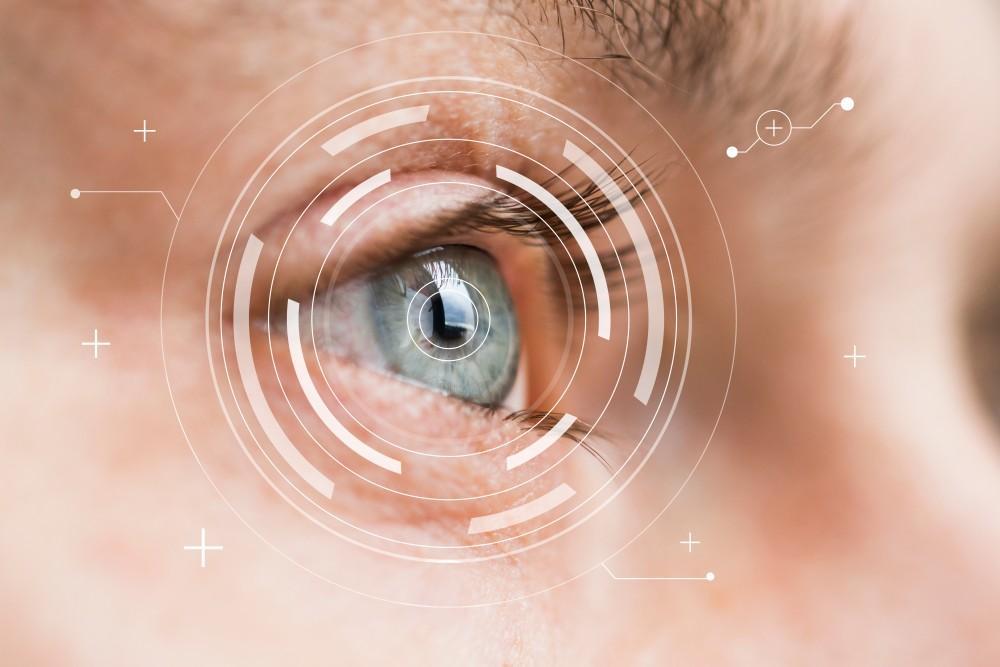
Is Corneal Disease Hereditary?

Disease that involves the cornea can be painful, worsen over time, and pose a risk to your vision. Fortunately, there are many effective treatments available to relieve your symptoms and address the underlying cause of your pain and blurred or cloudy vision.
Board-certified ophthalmologist and cornea specialist Stephen Khachikian, MD, who sees patients at his practice in Rapid City, South Dakota, offers an expert’s insight regarding the causes of corneal diseases and the treatments that can help.
What does the cornea do for your vision?
Your cornea is the clear, multilayered tissue structure that covers and helps protect the front of your eye from dust, germs, and other environmental irritants.
Its curved, dome-like shape also helps sharpen the clarity or details of objects in your visual field. The cornea bends (refracts) light so that it passes through your pupil and the natural lens in your eye before landing on the light sensitive retina at the back of your eye.
An irregularly shaped, cloudy, scarred, or otherwise damaged cornea can prevent adequate light from passing through your pupil or cause refractive errors that result in significantly blurred or distorted vision. At its worst, corneal disease may result in complete vision loss.
What causes corneal disease, and is it hereditary?
“Corneal disease” is a general term that describes a multitude of conditions that affect the health and function of the cornea.
For example, injury or trauma to the eye can result in damage and scarring, which can affect the transparency of the cornea. Other corneal diseases can be due to viral, bacterial, or fungal infections. Ocular herpes, for instance, is most often linked to the same herpes simplex virus (HSV I) that causes cold sores. Shingles, another herpes virus, can also cause lesions on the cornea.
Also, diseases known as corneal dystrophies can run in families, the most common of which is keratoconus. This condition causes the cornea to thin and bulge into a cone-like shape and may eventually cause corneal swelling, scarring, and vision loss without treatment.
However, keratoconus can also be related to:
- Eye trauma
- Retinitis pigmentosa, retinopathy of prematurity, and other eye diseases
- Allergic conditions, such as hay fever
- Down syndrome
- Addison's disease
Thus, an increased risk of developing keratoconus and other corneal dystrophies, such as Fuch’s dystrophy, can be linked to a genetic profile. However, having a family history of corneal disease doesn’t mean you’re destined to develop it, and not having a family history of it doesn’t mean you won’t.
What are the symptoms of corneal disease?
Symptoms of corneal disease can vary, but they often include:
- Moderate to severe eye pain
- Blurred vision that may worsen as the disease progresses
- Eye redness, irritation, and inflammation
- Difficulty seeing at night
- Increased sensitivity to light
- Cloudy or hazy vision
You may also feel a gritty sensation in your eye.
How is corneal disease treated?
Dr. Khachikian creates personalized treatment plans based on the type and level of disease you’re experiencing as well as its effects on your vision and overall quality of life.
Your treatment strategy may include corrective lenses to help counter the effects of an irregularly shaped cornea, medication to ease symptoms of eye irritation and inflammation, or an intricate corneal surgery, such as:
- General corneal transplant with donated tissue
- Keratoprosthesis, which is a transplant with an artificial cornea
- IntraLase® enabled keratoplasty, which replaces the cornea
- Deep anterior lamellar keratoplasty, which replaces the outer cornea
- Descemet’s stripping endothelial keratoplasty, which replaces the basement corneal membrane
- Limbal cell transplant, which adds stem cells to trigger epithelium cell growth
- Photo-therapeutic keratectomy, which removes endothelium and smooths the cornea
- Superficial keratectomy, which removes the anterior stroma and outer cornea
- Pterygium removal, which removes a too-thick corneal coating
- Intacs®, which is a corneal implant that flattens the cornea
If you have an issue that’s affecting your eye health or vision, get the help you need by calling 605-203-4268 or booking an appointment online with the practice of Stephen Khachikian, MD, today.
You Might Also Enjoy...


I’m Not a LASIK Candidate. What About PRK?

Telltale Signs Your Eye Problem Is a Cornea Issue

Why Are Cataracts Common In Seniors?

Can You Prevent Keratoconus From Getting Worse?


